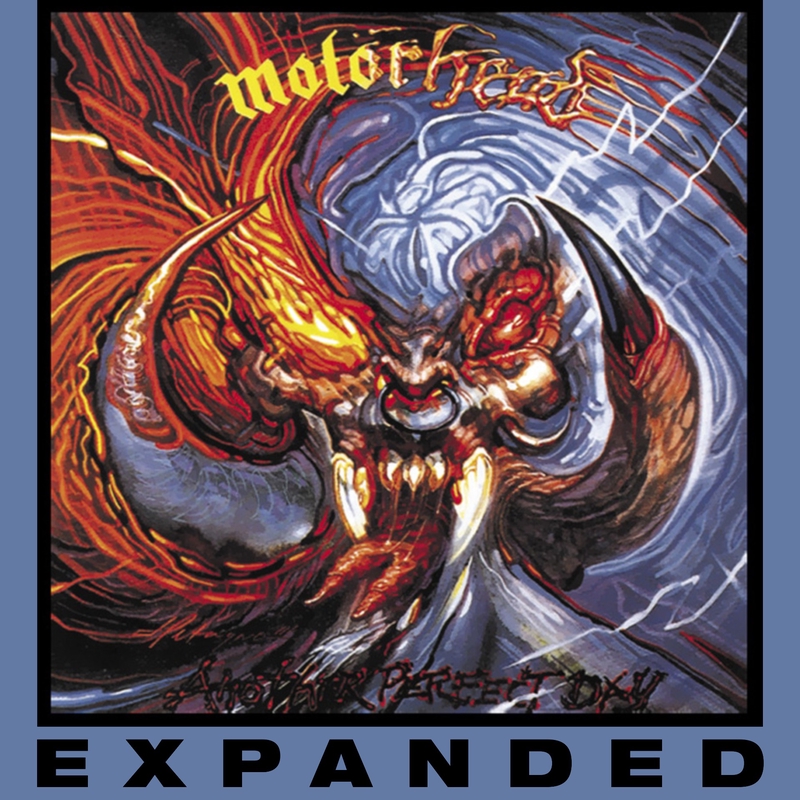


This seems rather improbable, as effective anaesthesia using ether and chloroform was introduced in 1846/47 and ether was issued to U.S. The most frequently cited origin of the alleged 'biting the bullet' practice is the American Civil War. Whether or not they might have been offered anything to nibble on, there's little doubt that they would have been fortified with strong drink. Many artists, notably Rembrandt Van Rijn and Hieronymus Bosch, painted scenes of early surgery and none of those paintings shows patients biting into anything. That would have been a neat solution but, lacking any supporting evidence, it seems best to discount it. Worth investigating certainly, but my initial enthusiasm was dampened rather by finding that no records of the phrase 'bite the billet' can be found in historical newspapers and other records. Lead poisoning would probably have been a secondary concern in those circumstances.Īn ingenious correspondent has suggested that, as wooden sticks are known as billets, the stick-biting practice might have first been called 'biting the billet' which then modified to 'biting the bullet'. A bullet, being somewhat malleable and not likely to break the patient's teeth, is said to have been an impromptu battlefield alternative. So, is it true or is it just 'believed'? The theory goes that patients undergoing surgery would be given a stick of wood or a pad of leather to bite on in order to concentrate their attention away from the pain and also to protect against biting their own tongues. Sadly, 'I've always believed' has to be as poor an opening gambit as 'a man in a pub told me' in a piece discussing the origins of a phrase. I've always believed that, before the days of effective anaesthetics, soldiers were given bullets to bite on to help them endure pain. What's the origin of the phrase 'Bite the bullet'? The lead was softer than his teeth and would not damage them when he bit down.Bite the bullet What's the meaning of the phrase 'Bite the bullet'?Īccept the inevitable impending hardship and endure the resulting pain with fortitude. In the absence of wood, the patient would be given a bullet to bite. The term bite the bullet means to start what will be a pain experience.īefore the advent of anaesthesia, a patient undergoing surgery would bite on a piece of wood to prevent shattering his teeth by clenching his jaw. Such reluctant soldiers were told to just bite the bullet. Indian soldiers were often reluctant to do this because the casing was coated with animal fat, the eating of which (dependent on the type of fat) was against their religion. Sealed with animal fat, the casing was often difficult to separate from the bullet head, and it had to be opened by biting the casing. At that time, bullets had to be primed by filling the casing with gunpowder.

This term most likely derives from the time of the British Empire in India. If someone tells you to just bite the bullet, they understand you don't want to carry out the action but want you to do it anyway.

The term bite the bullet means to do something against your will. To Bite the Bullet (Origin) search our site by Craig Shrives What Is the Origin of the Saying "To Bite the Bullet"?


 0 kommentar(er)
0 kommentar(er)
